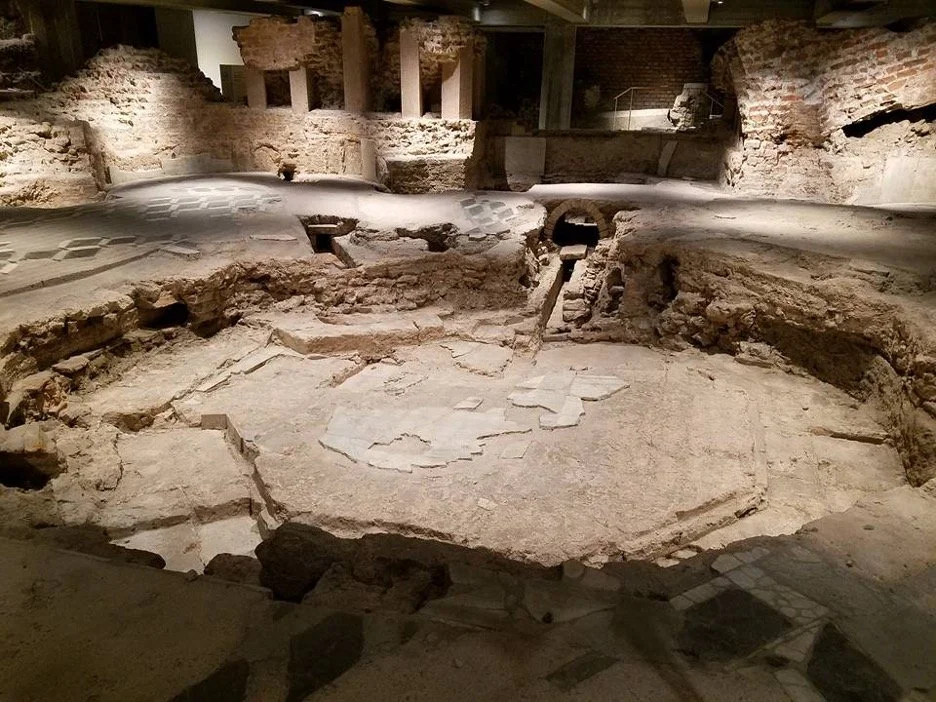A letter to our fellow Americans.
We, the undersigned bishops of The Episcopal Church, write today out of grief, righteous anger, and steadfast hope.
What happened a week ago in Minnesota and is happening in communities across the country runs counter to God’s vision of justice and peace. This crisis is about more than one city or state—it’s about who we are as a nation. The question before us is simple and urgent: Whose dignity matters?
In the wake of the tragic deaths of two U.S. citizens, Alex Pretti and Renee Good, we join Minnesotans and people across the nation in mourning two precious lives lost to state-sanctioned violence. We grieve with their families, their friends, and everyone harmed by the government’s policies. When fear becomes policy, everyone suffers.
We call on Americans to trust their moral compass—and to question rhetoric that trades in fear rather than the truth. As Episcopalians, our moral compass is rooted firmly in the Gospel of Jesus Christ.
This is what we know. Women were shoved to the ground, children torn from their families, and citizens silenced and demeaned for exercising their constitutional rights. These actions sow fear, cast doubt, and wear us down with endless noise.
We cannot presume to speak for everyone or prescribe only one way to respond. For our part, we can only do as Jesus’ teaching shows us.
A Call for Action
This is a moment for action. We call on people of faith to stand by your values and act as your conscience demands.
We urge the immediate suspension of ICE and Border Patrol operations in Minnesota and in any community where enforcement has eroded public trust. Because the rule of law is weakened, not strengthened, when power is exercised without restraint.
We also call for transparent, independent investigations of the people killed—investigations centered on truth, not politics. Justice cannot wait, and accountability is essential to healing.
We call on the elected officials of our nation to remember the values that we share, including the rule of law. Rooted in our Constitution, it ensures that law—not the arbitrary will of individuals—governs us all, protecting individual rights, ensuring fairness, and maintaining stability.
A Shared Commitment
Every act of courage matters. We must keep showing up for one another. We are bound together because we are all made in the image of God. This begins with small, faithful steps.
As bishops in the Episcopal Church, we promise to keep showing up—to pray, to speak, and to stand with every person working to make our communities just, safe, and whole.
We are committed to making our communities safer and more compassionate:
• So children can walk to school without fear.
• So families can shop, work, and worship freely.
• So we recognize the dignity of every neighbor—immigrant communities, military families, law enforcement officers, nurses, teachers, and essential workers alike.
You may feel powerless, angry, or heartbroken right now. Know that you’re not alone.
Each of us has real power: community power, financial power, political power, and knowledge power. We can show up for our neighbors, support small businesses and food banks, contact elected officials and vote, and learn our rights so we can speak up peacefully without fear.
Choosing Hope
This crisis is about more than one city or state—it’s about who we are as a nation. The question before us is simple and urgent: Whose dignity matters?
Our faith gives a clear answer: everyone’s.
Safety built on fear is an illusion. True safety comes when we replace fear with compassion, violence with justice, and unchecked power with accountability. That’s the vision our faith calls us to live out—and the promise our country is meant to uphold.
In the face of fear, we choose hope.
By the grace of God, may this season of grief become a season of renewal. May courage rise from lament, and love take root in every heart.
By the grace of God, may this season of grief become a season of renewal. May courage rise from lament, and love take root in every heart.
Faithfully,
† 150+ Episcopalian Bishops


